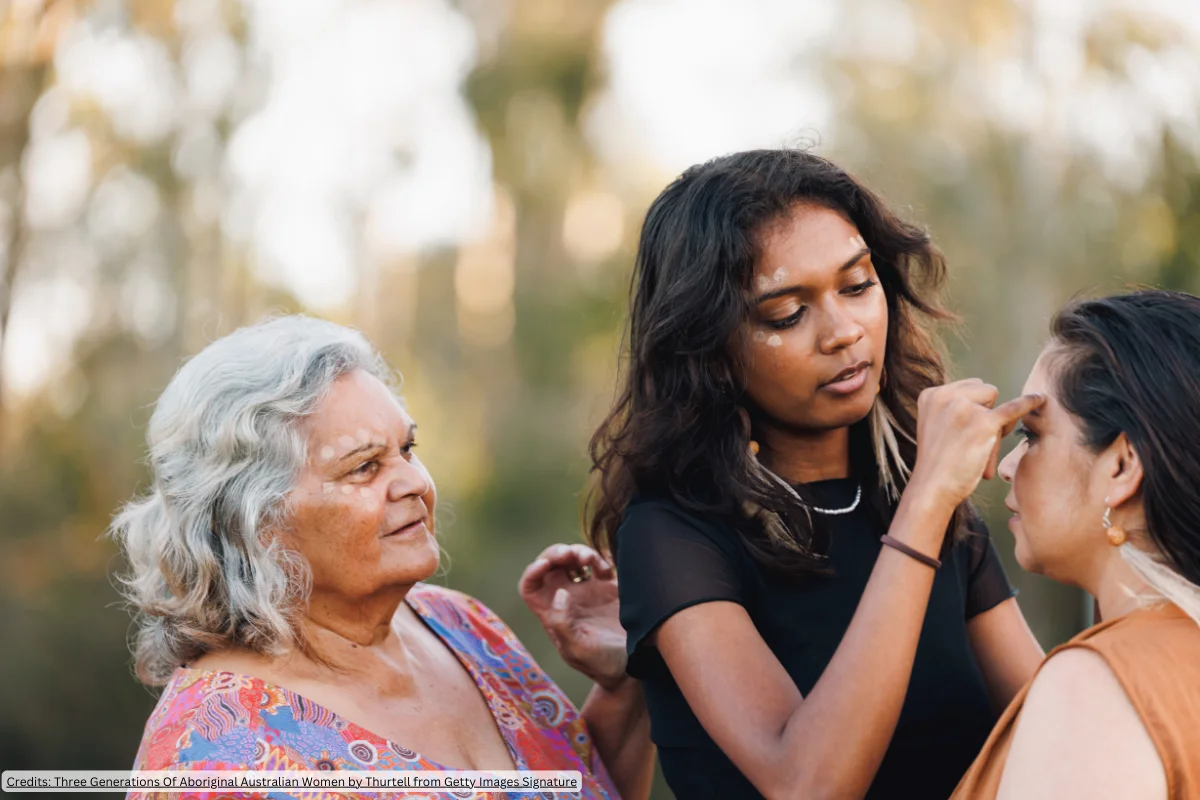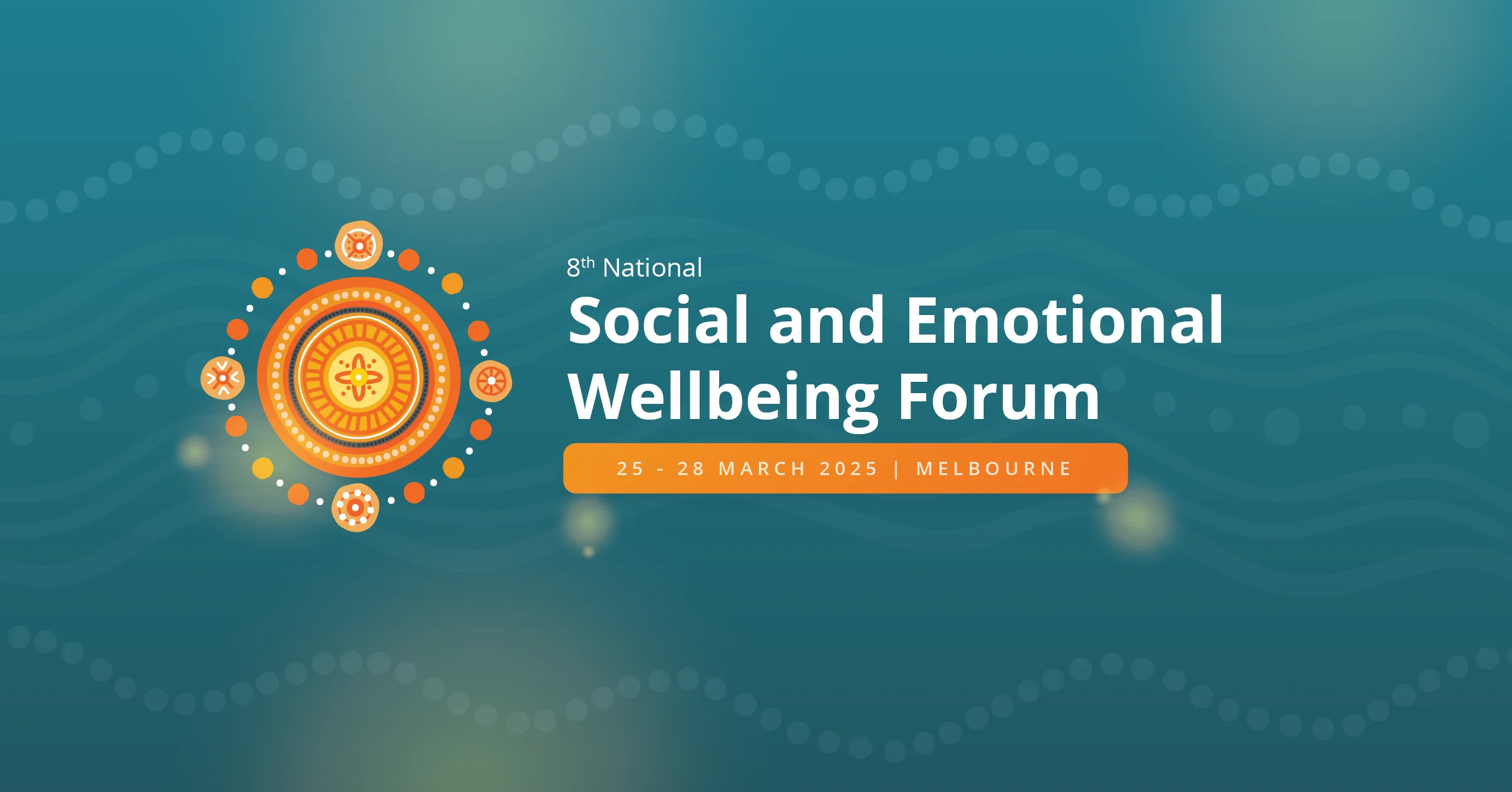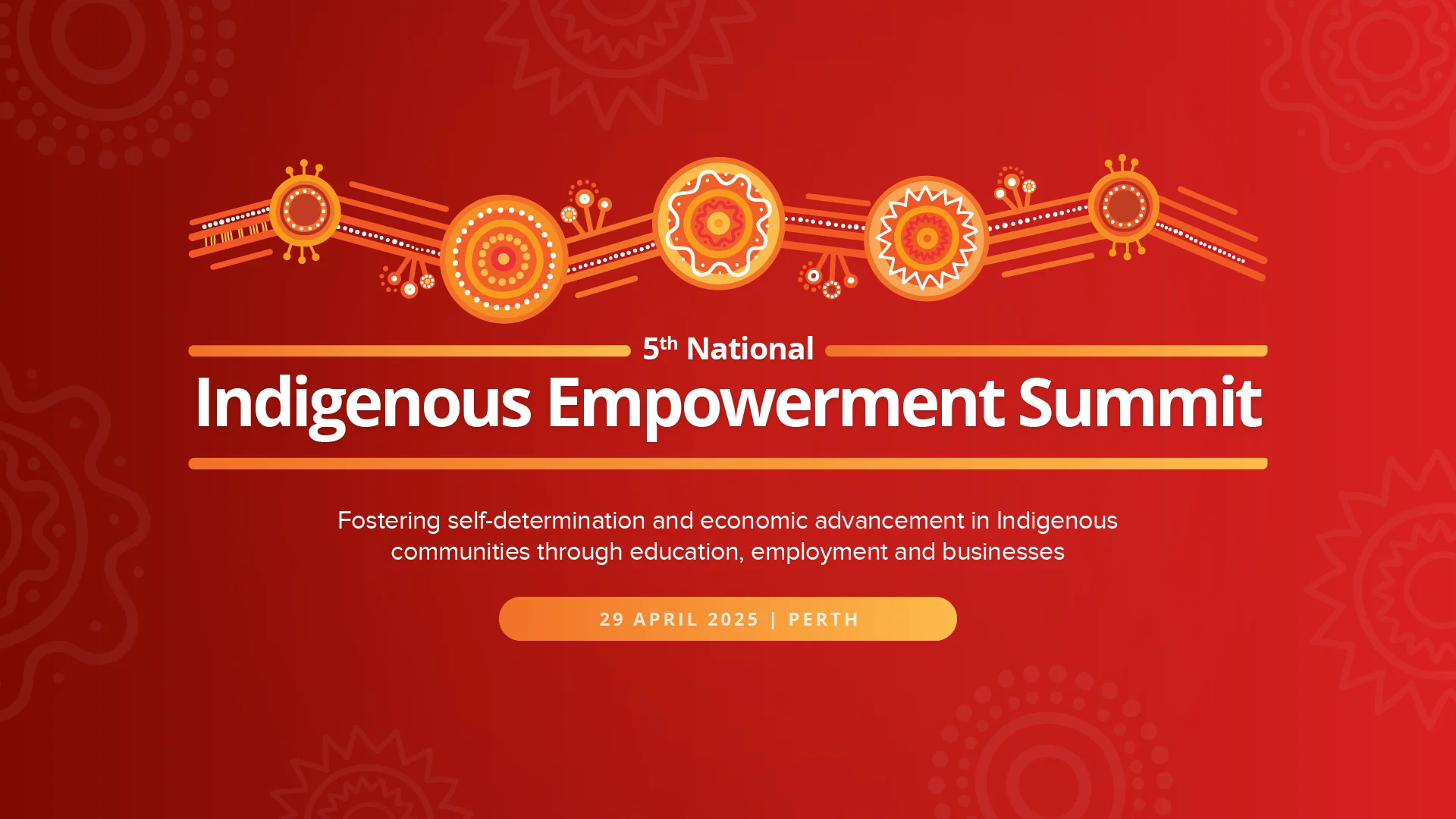We’re in crisis fatigue. That thumb stopping moment brands yearn for is more than ever synonymous with crime, violence and sadness. In an age where social media rules and emotions are lived out in pixel form how can Not For Profits compete against the formidable force of the smartphone journalist – the every man with a story, an opinion, an insatiable appetite for more, faster? How can NFPs create a response that satisfies their quest for more donations, greater social awareness and action when crisis is part of the norm, not quite accepted but not shocking enough?
Social media marketing is a billion dollar business; the biggest platform is of course Facebook. With audience insights that out-do the Google behemoth, if you want to reach your target market you’re going to need Facebook. On Facebook content rules, and that insatiable appetite is perpetuated by the platform.
Another challenge is the increasing business of “Go Fund Me”. Now you don’t need to just choose a cause or a charity, you’re now faced with your mate’s GFM and his plea for donations in aid of a recent hardship. Suddenly you have a cause that is visible, that you can contribute to and watch in real-life as it is solved. Now you have real impact, constant stimulation, “you did this, you did well, and you are a good person”.
It sounds all doom and gloom. It isn’t, but it is the new reality for organisations striving for community donations. There is plenty everyone, brands just need to understand the new playing field.
Let’s start with audiences – the power of Facebook is their granular targeting capabilities. Know your audience options and speak to them directly. This isn’t just demographic understanding; it is understanding your audience’s interests, recent purchasing behaviour, social connections and everything in between. Once you fully digest the myriad targeting options you can get started on marketing directly to your audience. Content becomes easier to create when you know exactly what they’re going to respond to.
With audience nailed and content that is almost directly tailored to a group of prospects let’s focus on donations.
Here are three proven tactics to employ:
- Video is king – by 2020 Facebook forecast that 75% of all mobile data will be video (source: FB internal data). Create video to make an impact within 1.8 seconds – that is how long you have to grab someone’s attention. Produce video for mobile using Facebook’s vertical video format to dominate your audience’s mobile screen and maximise your time to grab attention, have impact.
- Create a full-funnel narrative – don’t just spray and pray. Have a linear story that starts with video. Inform your audience of your point, your brand then go on to continue your story. Draw them into your cause using engagement re-targeting. Using this approach you minimise the risk of losing scale because you’re increasing the relevance of your audience pool each time.
- Balance asking with sharing – don’t always have your hand out. Build rapport and keep it by not only sharing your cause and asking for donations but also updating your target audience on outcomes and results. They are buying into your vision; they know the destination you are working towards even if it is unclear how to get there. Simulate the feeling of success with updates on progress. This will create a sticky doner; someone who gets a reward for an action will keep doing it. Think Pavlov’s Dog!
This framework has been employed by many brands with great success. It is simple in nature but incredibly effective. Remain faithful to your audience, tell them something they will care about and build a relationship of both give and take.
With these principles you can combat the challenge, turn your prospects into advocates and take full advantage of the power of social media.
Natasha Wallace, Client Services Director, Switched on Media











